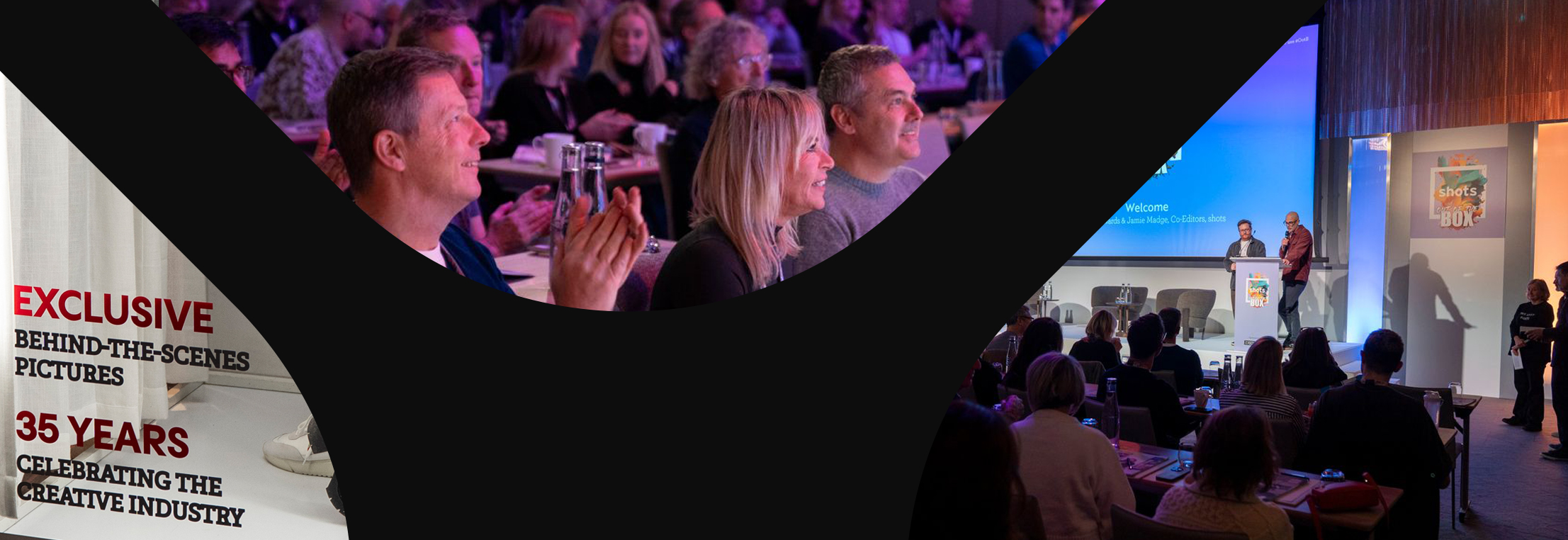Brands Working to Reduce Their Own Carbon Footprint
Many experts believe that sustainability initiatives are in the process of reshaping the way our global economy functions. That’s due to several factors, including tighter legal regulations on harmful practices and increased government spending for beneficial initiatives, which are leading to the emergence of greener brands. According to Forrester’s “Green Market Revolution” report, “a combination of macro forces will create a tipping point, after which companies will no longer view sustainability as primarily an ethical responsibility with added benefits to brand and modest cost savings, but as financial and regulatory obligations they can’t ignore.” Over half of US adults say they’re concerned about the impact of the climate crisis on our society and 49% identify as environmentally friendly. Here’s what some brands are doing to help protect our planet.
Remember to Recycle
According to the Environmental Protection Agency (EPA), only 32% of US consumers recycle—a figure deemed dismally low. That’s why Mentos teamed with raccoons to create a 60-second spot urging more people to take recycling action. Because these nocturnal mammals are already famous for digging around trash cans, Mentos trained several raccoons to sort through bins and pick up Mentos Pure Fresh Gum containers, which are made in the US from 90% paperboard. As members of a special Raccoon Recycling Task Force, the animals hit California streets, moving Mentos gum containers from trash to recycling bins. “Working with the Raccoon Recycling Force is a fun way to highlight how we can all do a little bit better, while learning from such an adorable and talented pack of creatures,” said Craig Cuchra, VP of marketing at parent company Perfetti Van Melle. The campaign also includes out-of-home elements and social activations on Instagram and TikTok that urge viewers to follow in the small but mighty footsteps of these raccoons.
In similar fashion, Coca-Cola is promoting better recycling habits by switching from green to clear plastic bottles for its Sprite, Fresca and Seagram’s brands. That’s because findings show that green plastic gets turned into single-use items more often, meaning those items don’t get recycled once discarded. As part of their “Recycled Records” campaign, the company partnered with legendary music producers Mark Ronson and Madlib to create a seven-track digital record featuring sounds emitted during the bottle-to-bottle recycling process. A fascinating documentary-style short film accompanies the activation. Narrated by rap artist MC Lyte, it explains the connections between music sampling and recycling.
Prioritizing Sustainability
Alcohol may not seem as big a contributor to climate change, compared with industries like oil and plastic goods, but this sector still requires vast amounts of water, grain, and energy to produce its beverages. The Diageo brand is stepping up in multiple ways for its large portfolio of brands. Johnnie Walker, for example, recently eliminated the outer packaging for all its Black Label products. As one of the world’s most popular Scotch whisky makers, that change removes upwards of 180 million boxes from supply lines. The bourbon barrels that are used to age whisky are also being reconsidered. Since most of them can only be filled once, trees get cut down for very little net product. Diageo has recently enlisted new rules that include planting a tree to replace each one that’s felled, and recycling the barrels from its Bulleit brand to its Cardhu brand, where there’s no limit to the amount of times a barrel can be used. Additional measures include opening a carbon-neutral distillery in Kentucky and researching methods to make Bailey’s Irish Cream without milk. “We’ve got more to do in terms of how we show up,” said CMO Pilkington.
Across the board, the same holds true for all companies and consumers. When it comes to introducing and enforcing eco-friendly measures, all of us must play a part. Here’s to a happy and greener 2023.



.jpg)
